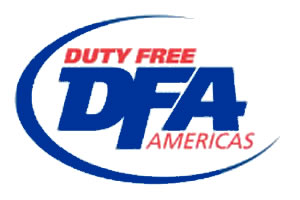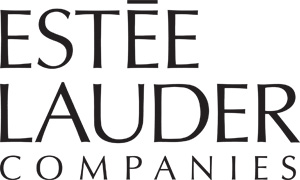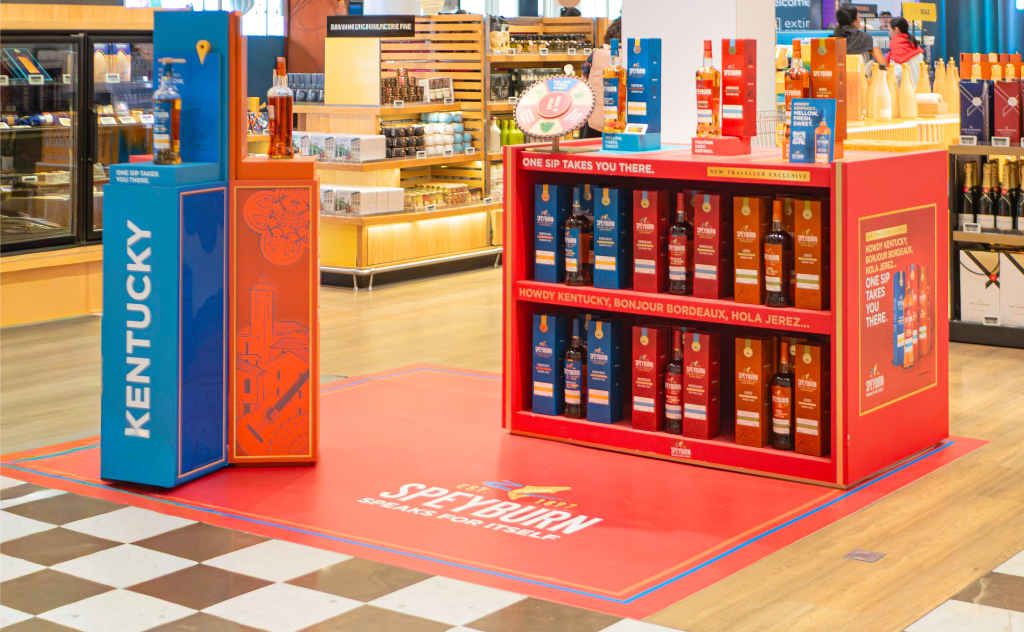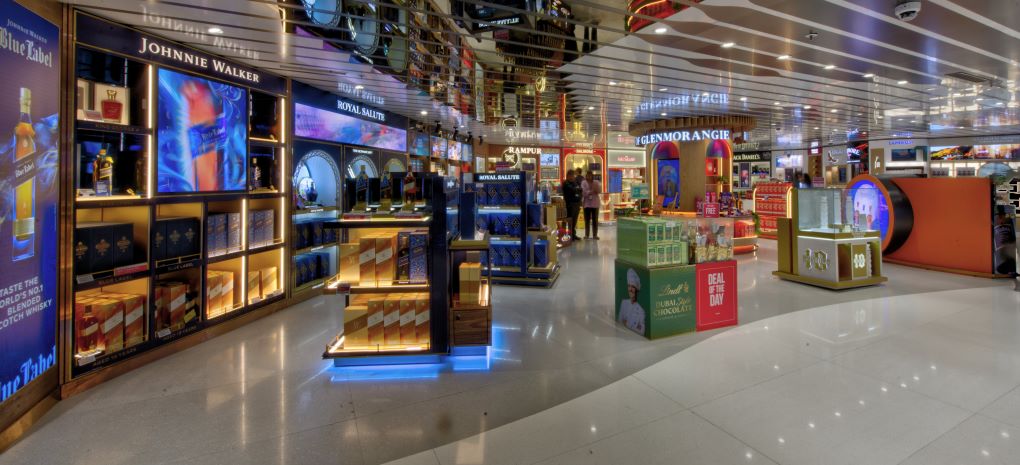 |
US. In major breaking news, Duty Free Americas (DFA) yesterday filed an anti-trust lawsuit against The Estée Lauder Companies (ELC), alleging “a campaign of anti-competitive and tortious activity to drive DFA out of business”.
It claimed: “ELC has been aided in these activities at times by other duty free operators seeking to eliminate DFA as the maverick competitor.”
In an action filed with the United States District Court, Southern District of Florida, DFA said that it has recently lost (or been affected in) several airport bids as a “direct and material consequence of ELC’s refusal to deal with DFA and the related anti-competitive and tortious conduct by ELC and its co-conspirators [it subsequently names DFASS, Nuance, International Shoppes and the Gebr Heinemann-led Travel Retail -Ed], thereby excluding DFA from some airports for many years.”
It also alleged that by excluding DFA, ELC (the country’s biggest beauty house) has harmed competition at the beauty product manufacturing level because DFA’s competitors generally do not introduce and promote new brands [for full detail see ‘Context of the dispute’ below’.]
 |
It continued: “The conspiracy’s success has also harmed and will continue to harm competition for the airports because, in some airports, ELC and its co-conspirators have succeeded in excluding the maverick, DFA. Likewise, customers have fewer choices – both in terms of prices and brands.”
The plaintiff is seeking preliminary and permanent injunctive relief, money damages and other relief.
Duty Free Americas told The Moodie Report: “We do not intend to litigate the case in the press. As alleged, EL’s anti-competitive conduct harms consumers and airport authorities. Its conduct has been vindictive and designed to stifle competition generally and DFA in particular. We look forward to presenting our claims to the court.”
A spokesperson for ELC told The Moodie Report that the company did not wish to comment.
CONTEXT OF THE DISPUTE
In its preliminary statement, DFA puts ELC’s refusal to supply in a historical context as follows:
•Prior to June 2008, DFA and ELC maintained a business relationship, with DFA purchasing ELC beauty products for resale at duty free travel retail prices. During that time, DFA’s business grew and it was able to win several RFPs to operate duty free stores at airports.
•In 2007, ELC announced its intent to cease offering distinct travel retail wholesale pricing and to impose higher-than-historical prices on duty free stores. DFA says it openly voiced its strong objection to this action and indicated that it would not accept this new pricing.
• DFA claimed: “ELC encouraged DFA (and presumably other duty free store operators) to maintain margins and simply raise prices to consumers. DFA refused to do this.
As a result, DFA claimed, ELC was prevented from raising prices.
DFA alleged that at the time it was viewed as “the impediment to ELC’s acquisition of monopoly power and consequent imposition of monopoly pricing” and that “ELC initiated a campaign of anti-competitive and tortious activity to drive DFA out of business. ELC has been aided in these activities at times by other duty free operators seeking to eliminate DFA as the maverick competitor.”
DFA said that once it discovered that ELC did not raise the prices of its products, the retailer attempted to begin purchasing ELC products again. “However, ELC adamantly, repeatedly, and maliciously refused to sell ELC products to DFA, although it is in ELC’s financial interest to do so in a properly functioning market,” it claimed.
But its claims are not confined to non-supply.
It continued: “ELC, either directly or indirectly through its co-conspirators (i.e. DFA’s competitors), has also initiated a smear campaign against DFA, injecting itself into RFP processes by stating, directly or indirectly, to airport retail concession decision makers that DFA is inferior in quality, that ELC products are an indispensable part of the product mix of any duty free store, and that DFA alone amongst the competing duty free operators is not authorized to sell ELC products.”
DFA claimed, for example, that its bid for the Newark Liberty International Airport duty free contract in 2008/09 was “fatally undermined” by ELC providing an “unsolicited” letter to the leasing agent stating a list of retailers “with, and only with” which it had strong and mutually beneficial commercial relationships. That list included “all competitors except DFA”, the retailer contended.
DFA also alleged that ELC frustrated the company’s efforts to sell new and different brands that competed with ELC brands. It cited Smashbox, which it promoted hard, developing significant demand for that brand. In 2010, ELC acquired the Smashbox brand and soon afterwards cut off the supply to DFA, the retailer said.
It concluded its preliminary statement by saying: “ELC’s efforts are succeeding. DFA has recently lost several airport bids as a direct and material consequence of ELC’s refusal to deal with DFA and the related anti-competitive and tortious conduct by ELC and its co-conspirators, thereby excluding DFA from some airports or many years.
“By so excluding DFA, ELC has harmed competition at the beauty product manufacturing level because DFA’s competitors generally do not introduce and promote new brands.
“Thus, ELC’s actions diminish interbrand competition. The conspiracy’s success has also harmed and will continue to harm competition for the airports because, in some airports, ELC and its co-conspirators have succeeded in excluding the maverick, DFA. Likewise, customers have fewer choices – both in terms of prices and brands.”
COMMENT: This is a difficult story to report on, one involving an extraordinary action by North America’s biggest travel retailer (including border stores) against the country’s biggest beauty house.
The Moodie Report has sighted the full complaint (now in the public domain) which contains a large number of allegations from a retailer that clearly believes its failure to win a number of recent airport duty free bids – it cites Newark (2008/09); Boston Logan International (2011); and Orlando International (2011) – is the result of its lack of supply from The Estée Lauder Companies and the beauty house’s related actions.
The claims and supporting arguments are both sensitive and extremely controversial.
However, there are two sides to every dispute and the legal response of The Estée Lauder Companies will prove interesting. For now the beauty house is understandably declining all public comment. We have tried to summarise the key claims in the most impartial way possible. The courts will decide their merits.
We’ll bring you further details when and if appropriate.




